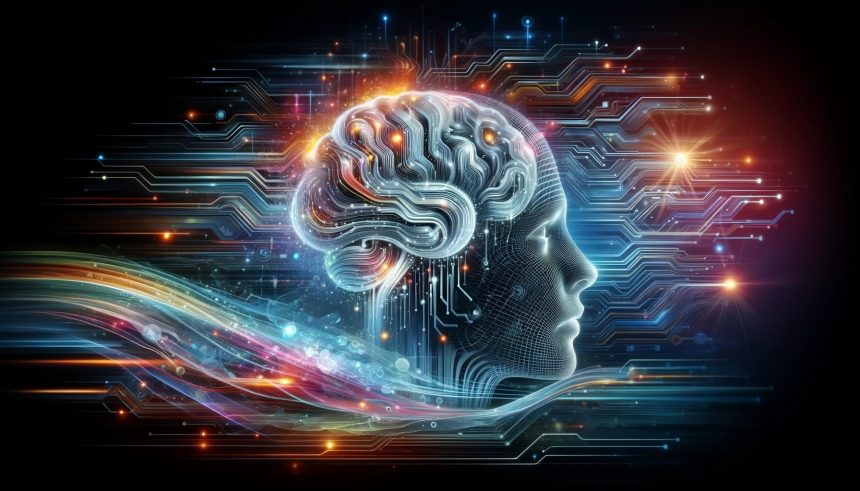As the demand for mental health services surges in the United States, artificial intelligence emerges as a potential solution to bridge the gap left by a shortage of professionals. The increasing reliance on AI-driven tools reflects a broader trend towards integrating technology in healthcare to enhance accessibility and efficiency. With traditional therapy services struggling to meet the needs of the population, AI offers an alternative that could revolutionize how mental health care is delivered.
AI mental health companies have significantly increased their funding in recent months, highlighting investor confidence in the sector. This surge in investment aims to develop technologies that can provide support to individuals who otherwise may not receive timely care. By leveraging machine learning and natural language processing, these companies strive to create tools that are both scalable and effective in addressing mental health challenges.
What Investments Are Driving AI in Mental Health?
Slingshot AI, a New York-based chatbot startup, secured $30 million from Andreessen Horowitz, signaling strong venture capital interest in AI solutions for mental health. Similarly, Spring Health raised $100 million in a Series E funding round, underscoring the potential seen in AI-powered mental health platforms. These financial boosts are expected to accelerate the development and deployment of AI tools that can assist in providing mental health support to a broader audience.
Can AI Truly Replace Human Therapists?
“AI-generated communications demonstrated superior discipline in offering emotional support,” according to a study published in the Proceedings of the National Academy of Sciences.
While AI can ensure consistency and reduce biases, it currently lacks the emotional depth that human therapists offer. However, studies indicate that AI can effectively support mental health by providing structured and reliable interactions, filling a critical gap in the current healthcare system.
What Do Experts Say About AI Integration?
“In the Bay Area, it takes months just to schedule a first therapist appointment. Visibility to such bottlenecks is essential,” stated Grace Chang, CEO of Kintsugi.
Experts believe that AI can alleviate some of the burdens on mental health services by offering scalable solutions that reach underserved populations. The integration of AI into existing healthcare frameworks could enhance the overall efficiency and accessibility of mental health care.
Historical data shows that investment in mental health has been steadily increasing, but AI introduces a new dimension by offering innovative ways to deliver care. Compared to traditional methods, AI-based approaches provide more immediate access and can cater to a larger number of individuals simultaneously. This evolution aligns with the growing need for more flexible and accessible mental health services.
AI’s capability to analyze complex data and predict mental health crises contributes to its growing role in the field. Technologies that can detect signs of depression or impending suicide attempts offer timely interventions that could save lives. By complementing human therapists, AI tools can enhance the overall effectiveness of mental health care, making it more responsive and personalized.
The future of mental health care may see a harmonious blend of AI and human expertise, where technology supports and extends the reach of professionals. Ensuring ethical standards and maintaining the integrity of patient data will be crucial in this integration. As AI continues to evolve, its potential to provide meaningful support in mental health care becomes increasingly apparent, offering hope for a more accessible and efficient system.










